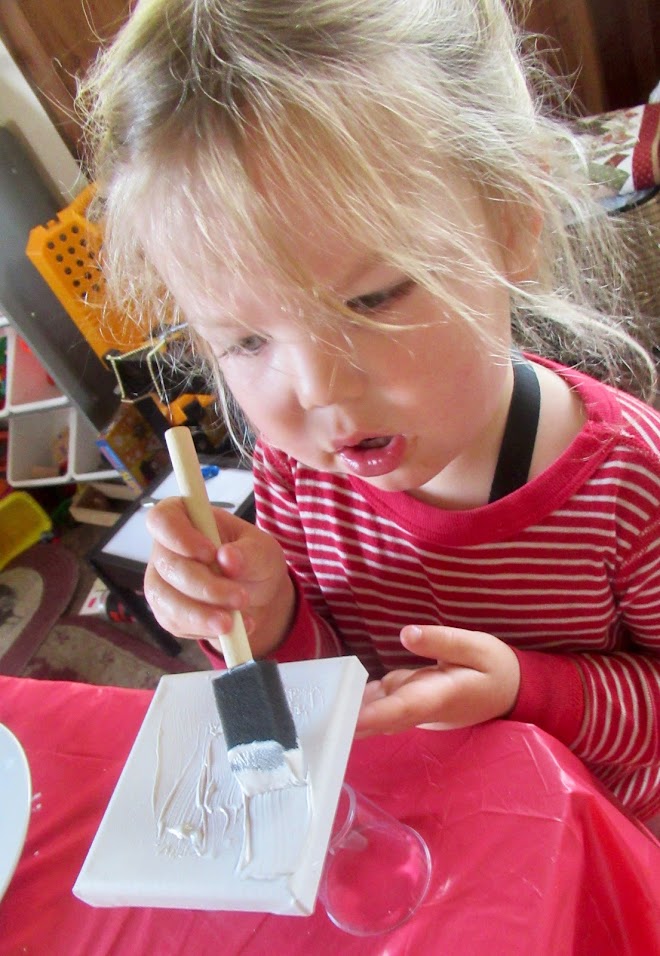Folks who are upset over Colin Kaepernick’s protest, are unclear on the concept of what it means to be an American. There is no more effective vehicle for asserting one’s Americanism, as it were, than to peacefully protest, that which you feel is wrong.
We have been doing this as a people since before we were “Americans,” the Boston Tea Party leaping to the forefront of the conversation for a moment. This event, which leads my list of ten peaceful protests, sparked the Revolutionary War, a conflict which not only united the thirteen colonies, but led to the ultimate freedom from the tyranny of England.
 |
| The original peaceful protest was most unAmerican... |
I would like to keep this phrase “freedom from tyranny” on the front burner, but off to the left for a moment, before returning to it.
Women’s Suffrage (#2) brought the vote to women and a semblance of equality, though that would be from a WASP’s perspective. I do not see equality between the genders in our country yet, our Democratic Party Nominee notwithstanding. This is an Ongoing Movement.
The Labor Movement (#3) brought wages up and fought to keep children out of the workplace, giving millions of Americans the opportunity to stave off starvation, a particularly tyrannical form of social injustice.
The Labor Movement took a step backwards recently in Wisconsin, a direct reverberation of the GOP’s political agenda, as 83,000 fewer people were included in the ranks of the unions, over one year’s time from 2014 to 2015.
The Civil Rights Movement (#4) sought to level the playing field for minorities in this country. Change was hard, especially where separate [“but equal”] facilities were being required and human rights were routinely stomped into the concrete.
The Anti-War Movement (#5) saw 500,000 Americans congregate in Washington DC to protest the Vietnam War. That’s a half-million people who set aside their priorities in a unified peaceful protest, to let Richard Nixon know they thought the war was wrong.
And they were right.
The Black Power Movement (#6) sought to take what happened in 1964, a legal defining of equality, and transform it into the practical application of being equal, by seeing blacks get elected to public office, and be admitted to colleges.
An offshoot of the Black Power Movement, was the Black Panther Movement, which differs from the rest of these movements, because violence was part of the agenda. Nonetheless, the Black Power Movement was instrumental in taking that which was theirs in name only, and legitimizing it.
The Antiglobalization Movement (#7) is epitomized by the 50,000 protestors who gathered in Seattle, Washington, in 1999, to protest the ever-expanding role of U.S. corporations overseas. Many Americans are repulsed by the effort on the part of Big Business, to ship work that might be done by American workers, overseas, to be done by cheaper labor.
All in the name of Big $$.
The Gay Rights Movement, (#8) which finally resulted in the Supreme Court ruling that same-sex marriage must be included in the list of American rights, again demonstrated that change is hard. Being hard to change does not lessen the need; it only slows matters down.
The Dakota Access Pipeline protestors (#9) just scored a major victory with a judge ordering the stoppage of work on the controversial project, until allegations of illegal and uncivilized actions on the part of the builders, can be thoroughly investigated.
Finally, Colin Keapernick (#10) refuses to stand during the National Anthem, prior to NFL pregame and the regular season opener, sparking accusations of being UnAmerican. In all reality, I find it quite American.
“Nothing has ever been done without criticism,” Kaepernick said. “Every great change, whether is is revolution or evolution of things, there is always criticism and there is always that ‘I don’t like change’ kind of mentality.”
“In the long run they will see what is going on, they will see what is right and they will understand,” he added.
 |
| The protest is working. |
Safety Eric Reid knelt with Kaepernick on Monday night, while teammates Antoine Bethea and Eli Harold raised a fist. Rams players Kenny Britt and Robert Quinn also raised their right fists.
When Colin said that there was an “I don’t like change” mentality, he was simply echoing what we have seen historically, over and over. Blacks, sitting side by side with whites, gays assuming prominent roles without fear of disrespect, and community members banding together to hire lawyers and impede immoral trampling of their land by Big Business, take time to get used to.
I personally like change, especially when it results in the betterment of life for large groups of people.
Colin Kaepernick has the priorities of black people and people of color at the center of his protest, but I see it as simply an effort to correct social injustice. It matters not to me, whether the subjects of this protest are black, gay, political refugees, Mexican or folks who are angry that their ancestral treasures were indiscriminately destroyed, after they had sought legal intervention.
This last, like all the other examples, is just another form of tyranny, so seeking to repel it, is nothing more than the protestors at the Tea Party were doing, or the women trying to get the vote, or any of the rest. Would anyone argue that these rights gained through peaceful protest were anything other than what should have been in place, to begin?
For those who equate Kaepernick’s actions with disrespect to the flag, I might question the playing of the National Anthem at a sporting event, in the first place.
And the post-9/11 patriotic fervor, which has seen “America the Beautiful” played towards the latter part of baseball games, makes me cringe. I have to turn the volume down, not because of the song, but because of the hypocrisy involved.
War is great for business, as Dick Cheney and Halliburton Corporation ($39 Billion in profits) proved, war criminals if ever there were. I don’t find that any of this paints a particularly beautiful picture of America. And who did much of the fighting for the illegal wars in the Middle East?
Ask Colin Kaepernick and I’m sure he has the facts right at his fingertips.
I applaud the man and those who support him, because he is an example of what I feel a real American is, not the ones who think you are a jerk if you do not stand during the National Anthem. He is changing the way people view professional sports, the national Anthem and patriotism.
The NFL does not require standing during the National Anthem, and Keapernick’s own coach said he felt it was “not my right to tell him not to do something,” and that not standing was “his right as a citizen.”
I like that: “his right as a citizen,” to which I might add, when fighting tyranny.
In my book that makes Colin Kaepernick a hero.
















No comments:
Post a Comment